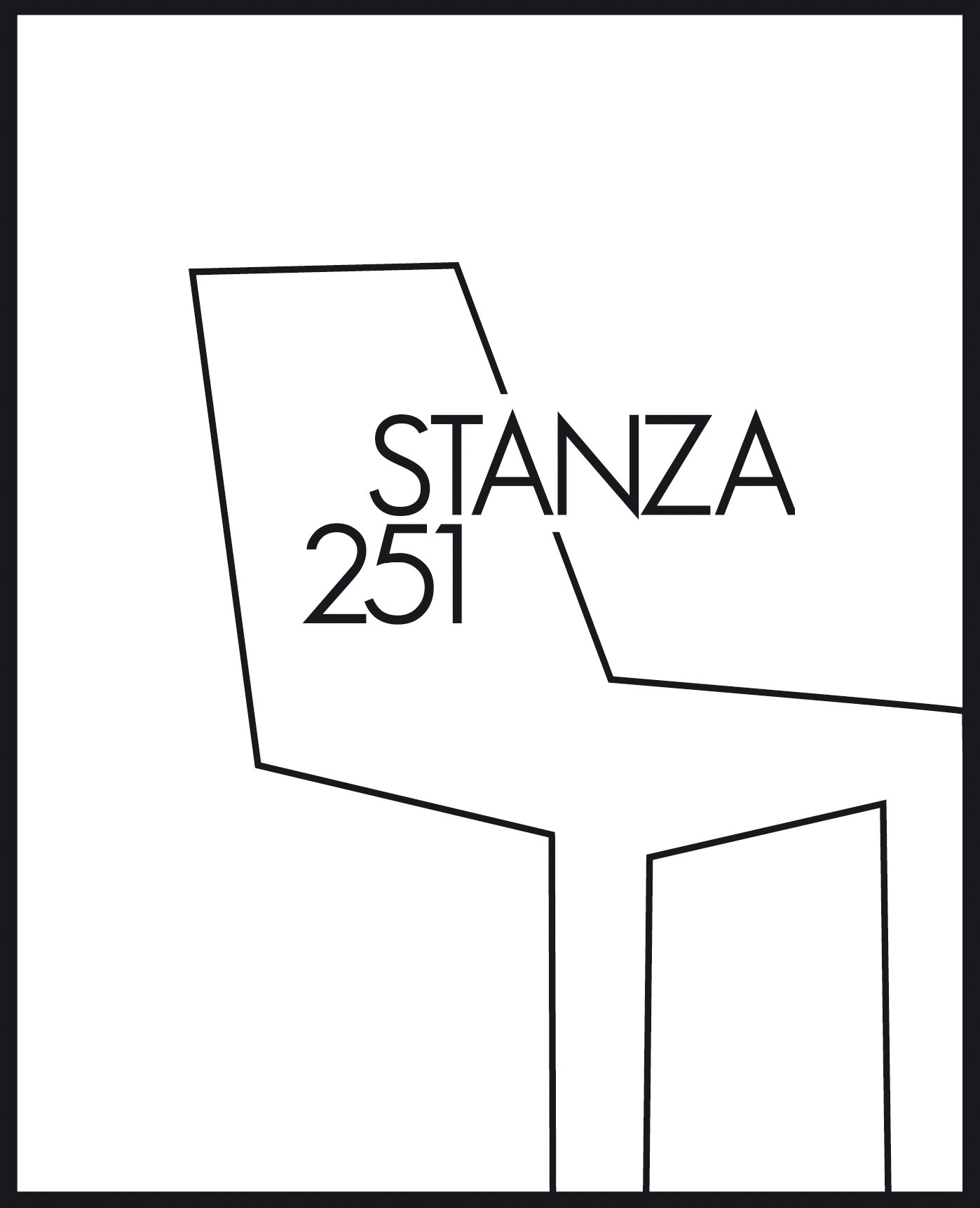A Nightporter Fades Away
A colleague writes from Kyoto:
Certain musicians whose careers in the Western world have diminuendo’ed experience re-birth in Japan. We are a nostalgic nation that reveres style and substance.
The establishment where I work nights is a hotel, but also not a hotel. The Kitano Ryokan is the embodiment of what Management has determined the average Japanese person imagines hostelry was like in dream-time Edo.
To assist the nights’ passage in a hotel with no electricity, I listen to neo-romantic music on my obsolete miniaturized personal stereo. Imagine my wonder when a favorite wistful song came to life in the person of a perfect stranger, an idol from my teenage years. Elegant in his bleary disarray, his abundant blond hair faded to gray, he flopped through a shoji screen, but gently, without destroying it. He approached the reception area.
He needed a room. I led the way down the rice-paper corridor to the Suite of a Thousand Cranes. “You’re an exquisite maiden,” he said, and I nearly died of delight. “You walk with the delicacy of a geisha. Are you one?”
“Not I,” I said, sadly, and asked if he wanted the company of a genuine geisha for the remainder of the night. He requested a koto instead.
For one heavenly night, I slid the WalkMan into a fold of my kimono and listened to a revered neo-romantic heart-throb work through variations of his popular tune about those who take shelter from the rain and find pleasure in romantic hotel rooms at night.
Like nightporters, dreams go, dreams slip away.
His tour was sold out all the way from Hokkaido to Fukuoka prefecture, but he neglected to pay for the suite and walked off into the dawn light with a silk bathrobe. Management docked its cost from my salary.
***
Un portiere di notte svanisce
Una collega scrive da Kyoto:
Certi musicisti tramontati nel mondo occidentale rinascono in Giappone. Siamo una nazione nostalgica. Veneriamo stile e sostanza.
Lo stabile dove lavoro di notte è un albergo e allo stesso tempo non lo è. Il Kitano Ryokan rappresenta l’immagine che il giapponese medio ha degli alberghi nell’onirica epoca di Edo. O perlomeno così ha deciso la Gestione.
Per facilitare il passaggio delle notti in un albergo senza corrente, ascolto musica neo-romantica sul mio stereo miniaturizzato. Stupii quando la mia melancolica canzone preferita divenne realtà nella forma di un perfetto sconosciuto straniero. L’ex idolo della gioventù, elegantemente scomposto, la folta chioma bionda ingrigita, urtò un separé shoji, ma con delicatezza, senza distruggerlo. Venne verso la reception.
Voleva una stanza. Lo condussi per il corridoio di carta di riso verso la Suite dei mille gru. “Sei squisita,” disse lui, facendomi quasi morire di estasi. “Hai il passo delicato di una geisha. Lo sei?”
“Purtroppo no,” dissi, triste. Gli chiesi se voleva essere intrattenuto da un’autentica geisha per il resto della notte. Richiese invece un koto.
Per una notte paradisiaca, misi l’obsoleto WalkMan nel kimono e ascoltai un idolo neo-romantico suonare variazioni di una sua canzone popolare, che narra di persone che sfuggono la pioggia e scoprono il piacere in romantiche stanze d’albergo, al buio.
Come i portieri di notte, i sogni se ne vanno, svaniscono.
La sua tournée era esaurita da Hokkaido a Fukuoka, ma comunque si dimenticò di saldare il conto per la suite e uscì nella luce dell’alba con un accappatoio di seta di proprietà del ryokan. La Gestione ne trattenne il costo dal mio salario.









